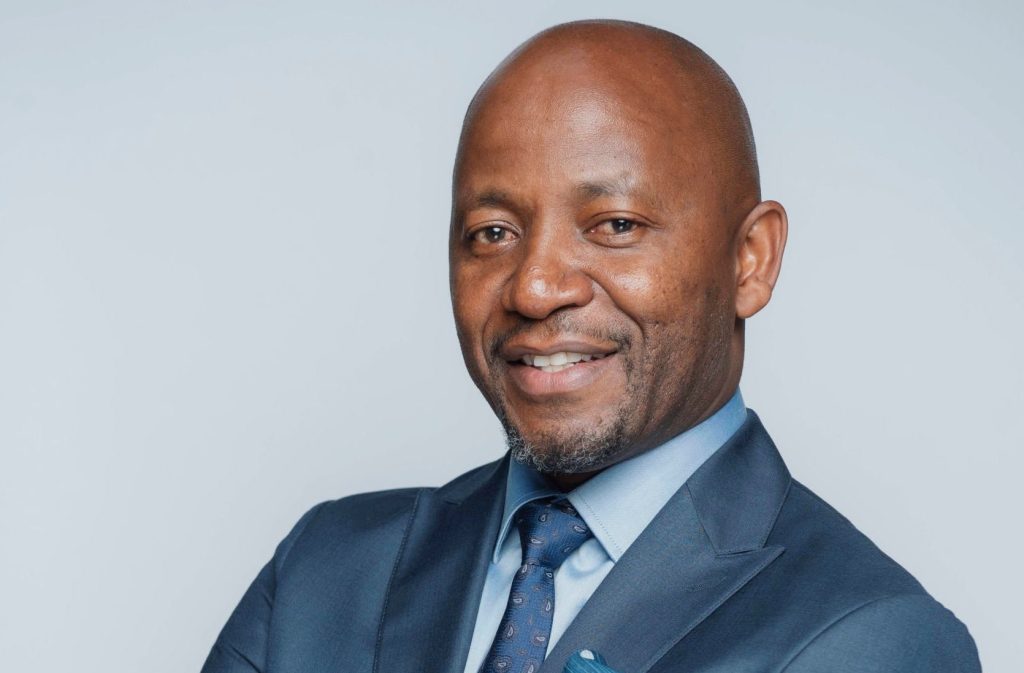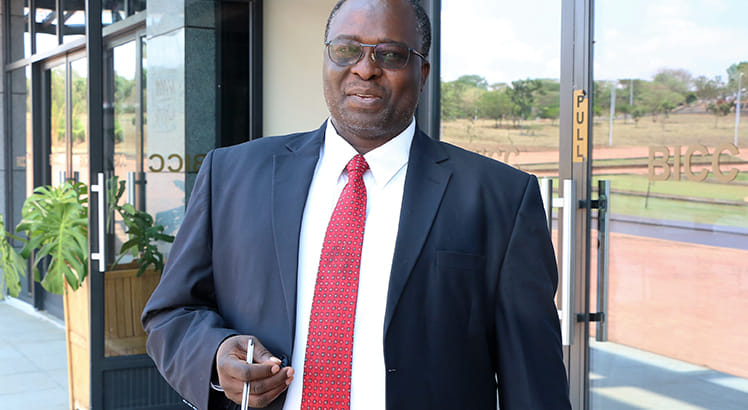The Reserve Bank of Malawi (RBM) says despite financial inclusion reaching 88 percent, banks should desist from one-size-fit-all approach, but continuously innovate and develop products that meet diverse needs of customers.
RBM deputy governor Macdonald Mafuta Mwale told bankers during the 15th Bankers Dinner and Dance in Blantyre on Friday that they are evaluating whether the financial inclusion rate in the Malawi 2023 FinScope Consumer Survey translates into an improvement in the well-being of the people.

The rate has jumped from 49 percent in 2014, according to the survey.
“What we want is financial inclusion that is meaningful and that which has positive impact on the quality of life of the citizenry,” he said.
Mafuta Mwale, however, hailed the progress, saying it is an indication that through collaboration, banks can create a society where financial services are accessible to all.
He urged the banks not to be complacent, but critically assess the decline in bank account ownership and explore ways to address this issue.

Over the past decade, banks have lost 700 000 customers and there has been a decline of Malawian adult population that is banked to 13 percent at the end of 2023 from 27 percent in 2014, according to the Finscope survey.
Mafuta Mwale also rued the ratio of loans to deposits, currently at 38.1 percent, emphasising that it has been low and continues to decline further, saying there cannot be meaningful growth and development with such low levels.
He lamented the abuse and exploitation of Visa cards over the past three years, advising the banks to put the malpractice to an end. Mafuta Mwale touched on a case that happened over the past week in which a Malawian woman was caught in South Africa with Visa debit cards from various Malawi banks.
Bankers Association of Malawi president Phillip Madinga said over the years, banks have evolved and that the progress is a testament of the collective efforts of all the eight banks.
He called on the country’s banks to support Malawi’s economic recovery and growth by providing financing for strategic sectors such as agriculture, tourism, mining, manufacturing, energy and infrastructure.
Madinga, who is also Standard Bank plc chief executive officer, said: “We must also continue to support small and medium enterprises, the engine of our economy, with tailored financial solutions.
“The banking sector is key to the attainment of our aspirations contained in our nation’s vision Malawi 2063. We must do our part as a key sector towards this vision.”
He said the banks will focus on three key areas, namely strengthening and enhancing financial inclusion, embracing digital innovation and promoting sustainable banking practices.
The dinner and dancer came two week after the bankers’ lakeshore conference, which was held under the theme ‘Bridging the gap: Inclusive banking and sustainable development for all’




